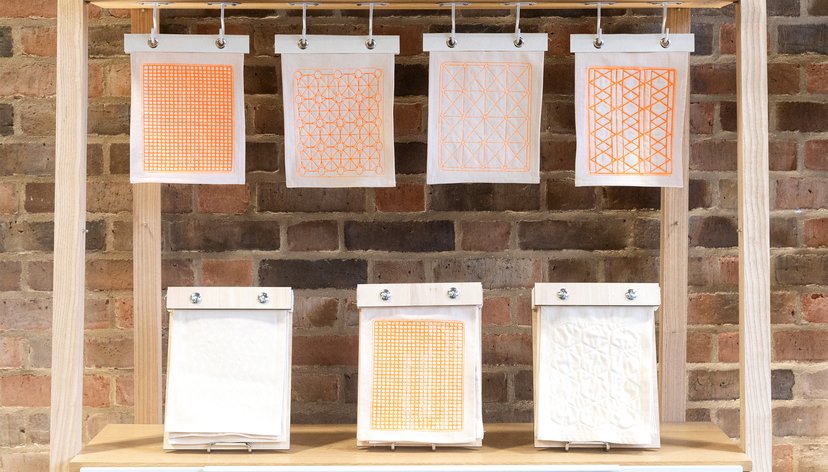
Key details
Time
- 4pm – 5:30pm
Location
- Online
Price
- Free
Who could attend
- Everyone
Type
- Webinar
TCC Seminar five: Eco-Textiles – Regenerated Cellulose Fibres Manufacturing using an Environmentally Benign Process
According to the World Bank, 20% of land and water pollution globally is caused by textile processing industries. Regenerated cellulose fibres manufacturing processes, like those used to create Viscose/Rayon, use renewable wood pulp cellulose. However, this fibre spinning process uses highly aggressive chemicals, like carbon di-sulphide, sulphuric acid and sodium hydroxide, which leaves a large environmental footprint.
As a part of our research at Cranfield University, we developed a regenerated cellulose fibre manufacturing process using environmentally benign solvents and natural dyes. Regenerated cellulose fibres will help reduce pollution from the Rayon fibres manufacturing process, while the use of natural dyes will reduce the environmental impact from using toxic synthetic textiles dyes. The regenerated cellulose fibres and use of natural dyes developed in our lab can potentially help address the demand for sustainable fashion products.
The fifth session in the TCC Seminar Series will be led by Dr Sameer Rahatekar from Cranfield University.

